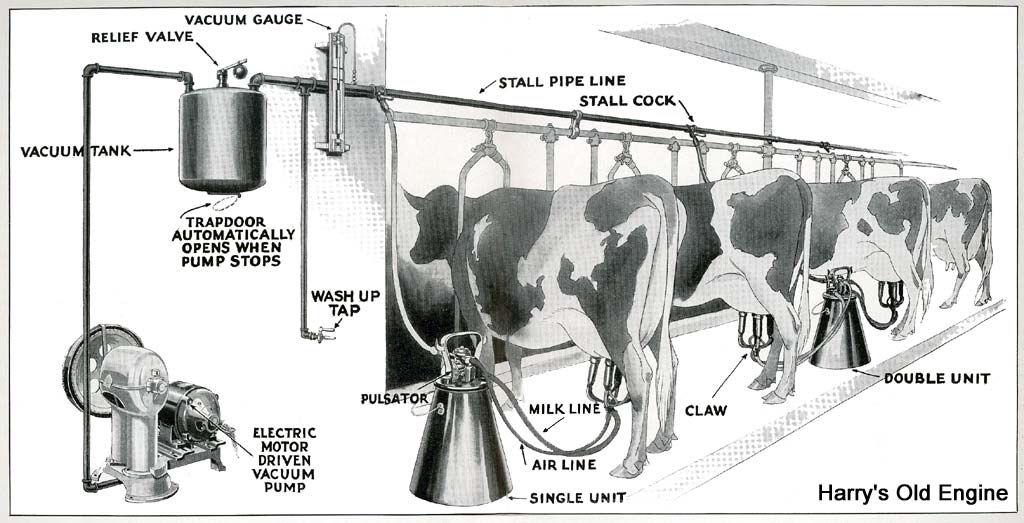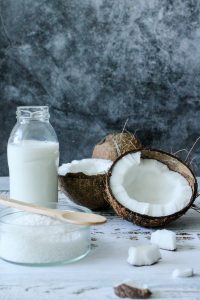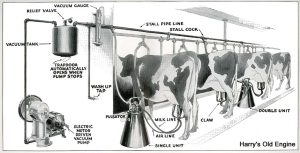Selecting healthy milk goes beyond its nutritional content; it also involves ethical and environmental considerations. Factors like sustainability, animal welfare, and the impact on our planet are essential when making milk choices. In this exploration, we will delve into the environmental and ethical aspects of selecting healthy milk, shedding light on how these considerations can influence your milk choices.
Environmental Concerns
Carbon Footprint
- Dairy Farming: Traditional dairy farming can contribute to greenhouse gas emissions. Methane produced by cows is a potent greenhouse gas. Reducing dairy consumption or opting for more sustainable dairy products can help mitigate this impact.
- Plant-Based Milks: Many plant-based milks have a lower carbon footprint compared to cow’s milk. Almond and oat milk, for example, generally have a smaller environmental impact.
Photo by Tijana Drndarski on Unsplash
Water Usage
- Cow’s Milk: Traditional dairy farming requires substantial water resources for cattle and crop production. Ethical milk choices may involve selecting brands or sources that practice water-efficient farming.
- Plant-Based Milks: Almond milk, in particular, has faced criticism for its high water usage in cultivation. Choose plant-based milks that are produced with minimal water consumption.
Ethical Considerations
Animal Welfare
- Traditional Dairy: Concerns over animal welfare in traditional dairy farming include the treatment of cows, practices like dehorning, and the separation of calves from their mothers. Ethical milk consumers may seek out brands that prioritize humane treatment of animals.
- Plant-Based Milks: Plant-based milks are often considered more ethical in terms of animal welfare, as they do not involve the raising and use of animals for milk production.
Sustainability
- Cow’s Milk: Choosing sustainable cow’s milk can involve supporting local and organic dairy farming practices that prioritize ethical treatment of animals and minimize environmental impact.
- Plant-Based Milks: Select plant-based milks produced by brands committed to sustainability. This may involve using eco-friendly packaging, sourcing ingredients responsibly, and reducing waste.
Certifications
- Look for certifications such as “Fair Trade” or “Organic” on milk products. These certifications often reflect ethical and environmentally responsible practices.
Local Sourcing
- Supporting local dairy farms or locally produced plant-based milks can reduce the carbon footprint associated with transportation and promote the local economy.
Reduce and Reuse
- Reducing milk consumption or incorporating reusable milk containers can be environmentally responsible choices. Reducing waste, such as single-use milk containers, is an important consideration.
https://th.bing.com/th/id/R.81f429d21e218897bde6fe4e44698c8c?
Conclusion
Making healthy milk choices extends beyond nutritional considerations to encompass ethical and environmental factors. These considerations include the carbon footprint, water usage, animal welfare, and sustainability. By selecting milk products that align with your ethical values and prioritize the well-being of our planet, you can enjoy healthy milk options that are not only good for your body but also for the environment and the animals that inhabit it. Taking a conscious approach to milk selection can contribute to a more sustainable and ethical food system.












